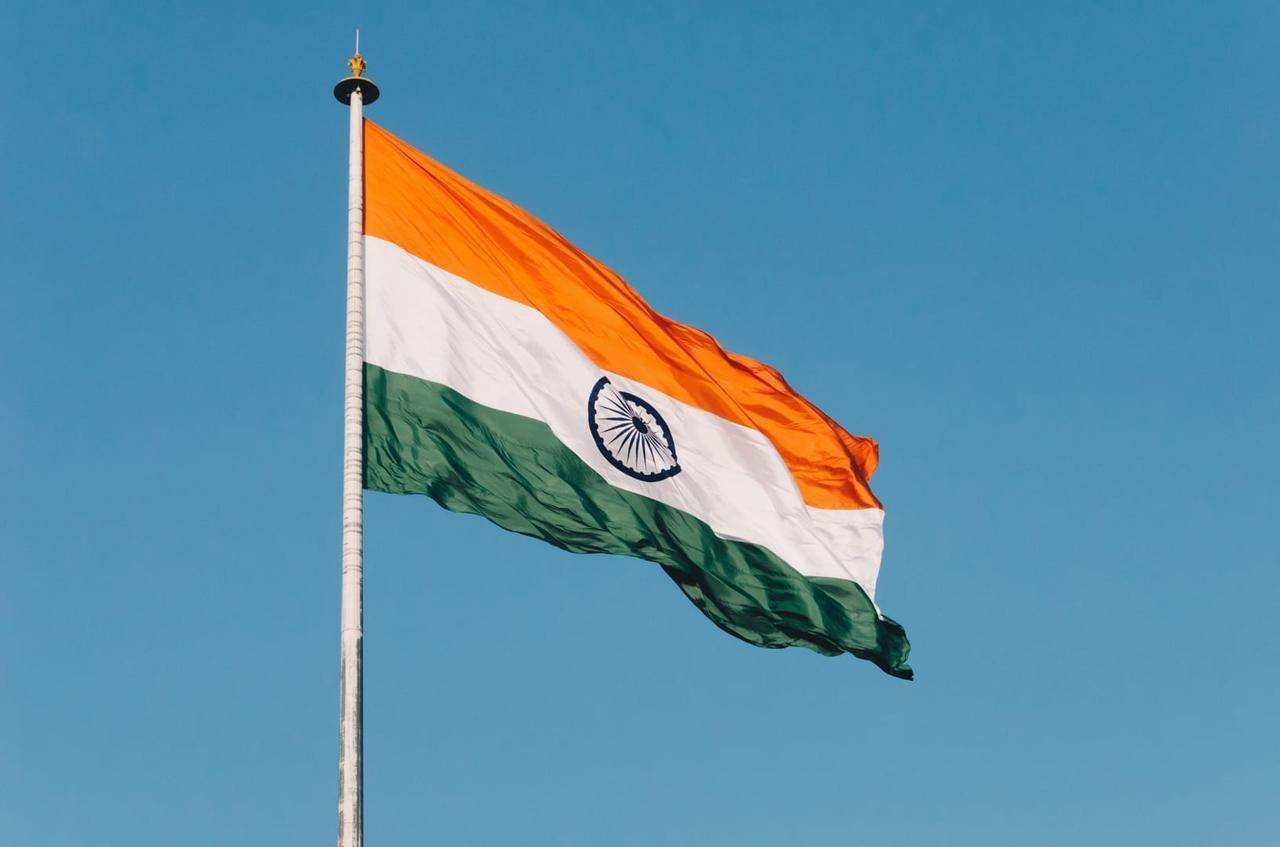ROME – As Italy continues to reel from high death counts related to the COVID-19 coronavirus and basic sanitary supplies hard to come by, the Taiwanese Embassy to the Holy See has made several donations to both Vatican offices and religious orders in a show of solidarity.
Just as the coronavirus “respects no border, solidarity too overcomes borders,” the embassy said in an announcement for one load of surgical face masks donated to the Vatican pharmacy.
Embassy officials have partnered with the Buddhist Compassion Relief Tzu Chi Foundation, headquartered in Taiwan, which has so far donated some 4,000 masks to the Vatican Pharmacy to ensure “the safety and protection of those Catholic nuns, priests and workers who are committed to providing comfort, guidance and spiritual relief in times of fear and anxiety.”
Offering the donation, Taiwanese Ambassador to the Holy See Matthew Lee said that “Helping is a moral duty for us.”
Pointing to Pope Francis’s prayer event and Urbi et Orbi blessing on March 27, Lee called the pope’s address that night a “homily of hope,” and, quoting the speech, said, “We are in the same boat…all of us called to row together, each of us in need of comforting the other.”
With shortages posing a risk to “the health and security of those carrying out their daily activities at the service of the community,” the embassy has offered masks to the Vatican Secretariat of State, the Pontifical Ecclesiastical Academy and the Pontifical Urban College, as well as numerous priests and seminarians studying in Rome, “allowing the recipients to wear protective measures and to work with more serenity.”
On March 23 the embassy provided some 600 cans of tuna to Polish Cardinal Konrad Krajewski, who as papal almoner is in charge of the pope’s charities. The exchange was made at the Palazzo Migliori building, right around the corner from St. Peter’s Basilica.
Named after the family who donated the property to the Catholic Church, the Palazzo Migliori for many years was the headquarters of a women’s religious order. When they vacated the property last year, Pope Francis had it renovated and converted into a homeless shelter, providing some 16 rooms that accommodate roughly 50 people.
In front of the palace is a “Homeless Jesus” statue, symbolically depicting Jesus as a homeless person sleeping on a bench.
According to information provided Taiwan’s Embassy to the Holy See, Ambassador Matthew Lee in gifting the tuna voiced admiration for those within the Holy See who continue to assist the poor and needy, despite risks associated with the coronavirus.
“Although tuna is not an expensive food, it represents the love of Taiwan for those people who have nothing at all,” he said, insisting that Taiwan will continue to support the Holy See and its charitable initiatives throughout the outbreak.
Generally seen on the streets among Rome’s impoverished community, Krajewski during Italy’s lockdown has been busy driving to-and-fro picking up food and supplies and distributing them to Rome’s poor and needy.
Upon receiving the tuna, Krajewski thanked Taiwan for the donation and for the attention the country had shown to the poor with the gesture.
On March 31, the embassy also donated a large quantity of medication, facial masks and food to the Ministers of the Sick of Saint Camillus order of religious women in Rome. Currently 17 of the convent’s 24 sisters are sick, likely with the coronavirus, although it has not yet been confirmed, and are in isolation, meaning they cannot go out to procure more supplies, but need someone to come to them.
Taiwan itself, despite being across the Taiwan Straits from Mainland China where the COVID-19 outbreak began, has not had the high number of cases that is now seen in other parts of the world, such as Italy, the United States and Spain.
As of Wednesday, Taiwan had 329 coronavirus cases, with just five deaths and 39 recoveries.
At the beginning of the crisis, when COVID-19 first broke out in China’s Hubei province, Taiwan began to clamp down on cross border transit and social movement.
Taiwanese Digital Minister Audrey Tang developed an app that told citizens of the latest cases and which pharmacies were in stock with medical masks and other supplies. It also informed citizens which areas to avoid and offered best-practices in terms of health and sanitation.
A stimulus package was immediately put forward by the government to keep the economy afloat amid lockdown and quarantine measures.
Taiwanese officials have argued from the beginning they have been insulated from a major outbreak because they did not trust the data provided by mainland China, believing the numbers to be higher than what was being published.
China has recently faced pressure over its decision not to include asymptomatic infections in its official number of confirmed coronavirus cases, meaning China’s overall count of over 81,000 confirmed COVID-19 infections does not include patients who tested positive but showed no symptoms.
Although they will still not include the positive asymptomatic cases in their total case count, China has agreed to publish the number of these cases in the wake of heightened fears about the contagiousness of people who are infected but show no symptoms.
On Wednesday, China reported that it had over 1,300 cases of asymptomatic people who were put under observation, with 130 added in the past 24 hours. Other countries, such as South Korea, Japan, Singapore, Italy and the United States incorporate these people in their total number of cases.
Follow Elise Ann Allen on Twitter: @eliseannallen















